


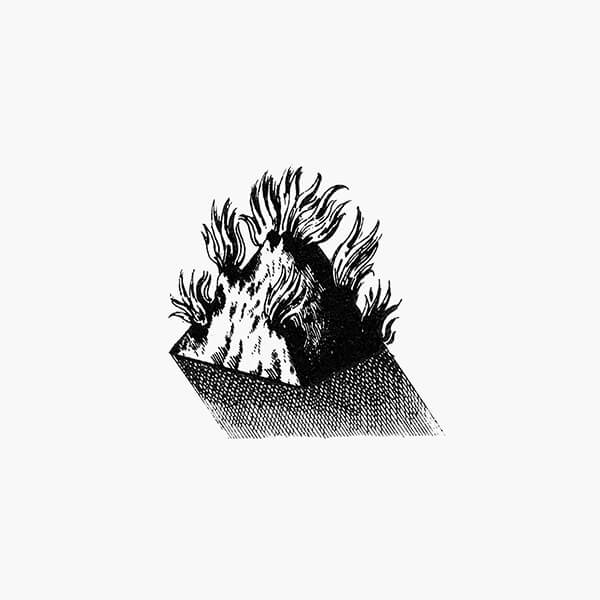
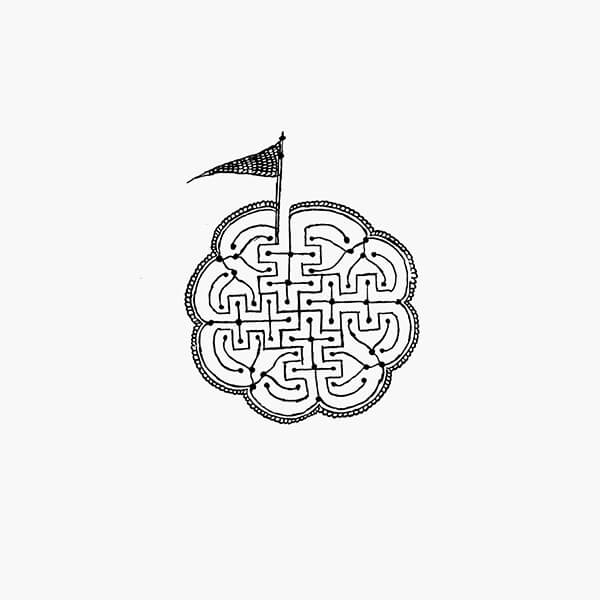





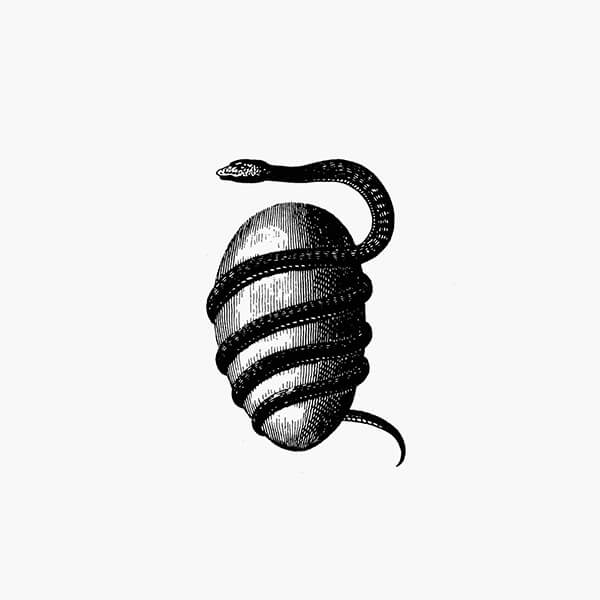


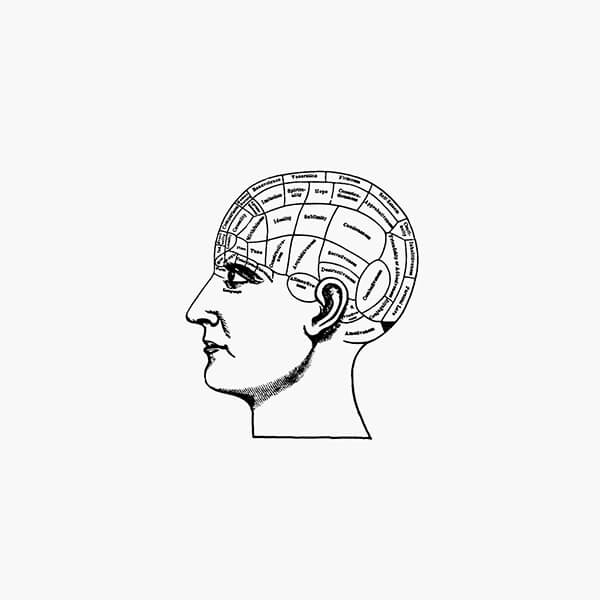











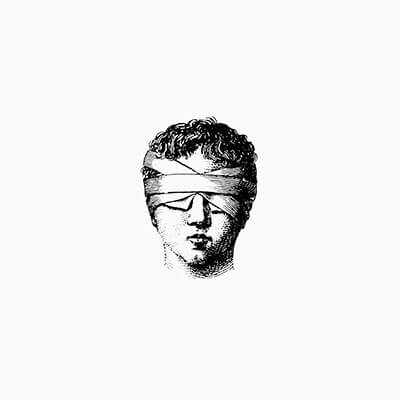


Library of Babel
10355 L’ospite tigre
P’u Sung-ling. Edited and with an introduction by Jorge Luis Borges
1979 I ed. .
Language: Italian
There is nothing that characterises a country more than its fantasies. In its few pages, this book provides a glimpse into one of the world’s oldest cultures, and at the same time one of the most unusual approaches to fantastic fiction.
Very little is known about P’u Sung-ling, except that he failed his PhD literature examination in 1651. It is to this auspicious failure that we owe his dedication to literature, and consequently the writing of the book that made him famous. In China, P’u Sung-ling’s Liao-Chai is the equivalent of the Thousand and One Nights in the West and the stories chosen for this book mostly were sourced from this work. P’u Sung-ling effortlessly weaves a world as unstable as water. Unlike Edgar Allan Poe and Hoffmann, P’u Sung-ling does not marvel at the wonders he reports. It is more legitimate to think of Swift, not only because of the fantastical aspect of the tale, but also because of the laconic and impersonal tone of the report, and the satirical intention. P’u Sung-ling’s hells remind us of Quevedo’s; they are not administrative and opaque. His courts, his lictors, his judges, his scribes are no less venal and bureaucratic than their earthly prototypes from anywhere and from any century.